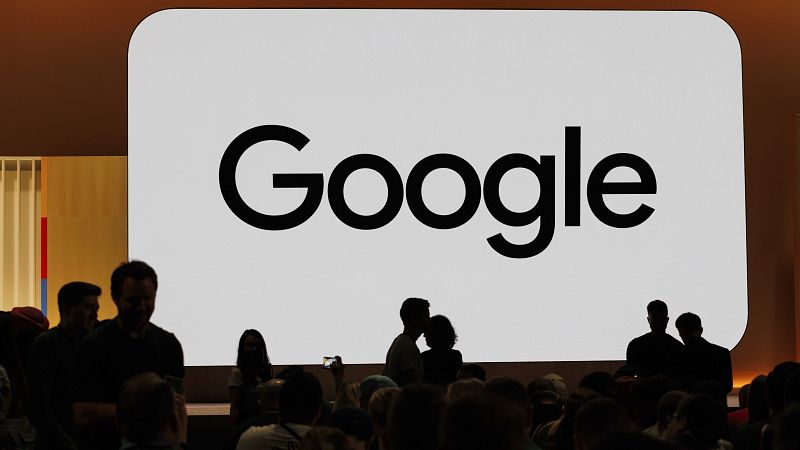Google should sell its Chrome browser to stop its search monopoly, US regulators say

Regulators in the United States are calling for sweeping penalties against Google including the sale of the tech company's Chrome web browser and restrictions to prevent Android from favouring its search engine.
It comes after Google lost a major antitrust case in August, with a judge ruling that the company is a monopolist.
A sale of Chrome "will permanently stop Google’s control of this critical search access point and allow rival search engines the ability to access the browser that for many users is a gateway to the internet," lawyers for the US Department of Justice argued in a filing on Wednesday.
The regulators stopped short of demanding Google sell Android but said the judge should make it clear the company could still be required to divest its smartphone operating system if its oversight committee continues to see evidence of misconduct.
The court hearings on Google's punishment are scheduled to begin in April and US district judge Amit Mehta aims to issue his final decision by early September.
If Mehta accepts the government's recommendations, Google would be forced to sell its 16-year-old Chrome browser within six months of the final ruling.
Yet the company would likely appeal any punishment, potentially prolonging a legal fight that has dragged on for more than four years.
The change in US administrations in January could also mean that the Department of Justice lawyers who inherit the case are less strident, though experts don't believe they will abandon antitrust cases.
The government also wants a judge to ban Google from striking deals for its search engine to be the default option on Apple’s iPhone and other devices.
European consumers, on the other hand, have the option of picking their default browser on devices due to the Digital Markets Act.
'A radical interventionist agenda'
Kent Walker, Google and parent company Alphabet's chief legal officer, called the justice department's proposal "extreme".
The justice department lawyers "filed a staggering proposal that seeks dramatic changes to Google services," Walker said in a statement.
He added that they were pushing "a radical interventionist agenda that would harm Americans and America’s global technology leadership".
Walker said the proposal endangers American consumers' privacy and security, would "chill" Google's investment in artificial intelligence, and hurt innovative services.
"It is probably going a little beyond," Syracuse University law professor Shubha Ghosh said of the Chrome breakup.
"The remedies should match the harm, it should match the transgression. This does seem a little beyond that pale," Ghosh added.
Trying to break up the company calls back to a similar punishment on Microsoft following a major antitrust trial.
However, an appeals court overturned an order that would have broken up Microsoft, a precedent many experts believe will make Mehta reluctant to go down a similar road with the Google case.
Today

